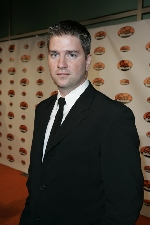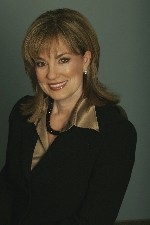What do you think public relations is? For the past thirty years, the Public Relations Society of America has defined it as follows: “Public relations helps an organization and its publics adapt mutually to each other. Hunh?!?
The PRSA recognizes that this definition may not be meaningful to many people. It is surely outdated even for those who subscribe to it.
Gini Dietrich, Martin Waxman and I talk about the PRSA’s initiative to develop a new definition of public relations on this week’s Inside PR.
 I’m not sure that they PRSA’s “fill in the blanks” crowd-sourcing approach will yield the type of definition that truly reflects the enhanced role of PR in the era of social media. Sadly, I think it lends itself to a “we act on people” definition, not the “we are part of something” perspective that is more appropriate to the age of social media.
I’m not sure that they PRSA’s “fill in the blanks” crowd-sourcing approach will yield the type of definition that truly reflects the enhanced role of PR in the era of social media. Sadly, I think it lends itself to a “we act on people” definition, not the “we are part of something” perspective that is more appropriate to the age of social media.
Hopefully, my fears are misplaced and the PRSA will come up with something much more sophisticated. To do so, they need look no farther than the definition developed by the Canadian Public Relations Society. The CPRS defines public relations as “the strategic management of relationships between an organization and its diverse publics through the use of communication to achieve mutual understanding, realize organizational goals and serve the public interest.” In my opinion that’s a much better definition.
Gini Dietrich suggests that whatever definition is adopted, it will only be useful if it can be readily understood by the general public. And she believes that right now most people believe that PR amounts to little more than media relations.
I agree. Seeing PR as media relations is too restricting. It puts the PR industry in a small box within marketing or communications. A more expansive definition is needed that captures PR’s full role in the era of social media and meaningful online relationships.
Martin argues that the public relations profession should define itself through the lense applied by Jeff Jarvis when he asserts that “In a world of publicness which allows us to connect to each other, to information to actions and to transactions, links, i.e. linking up, help us organize new societies and redefine our publics.”
You can listen to our full discussion on Inside PR


 Every year in the spring, the members of the
Every year in the spring, the members of the 
